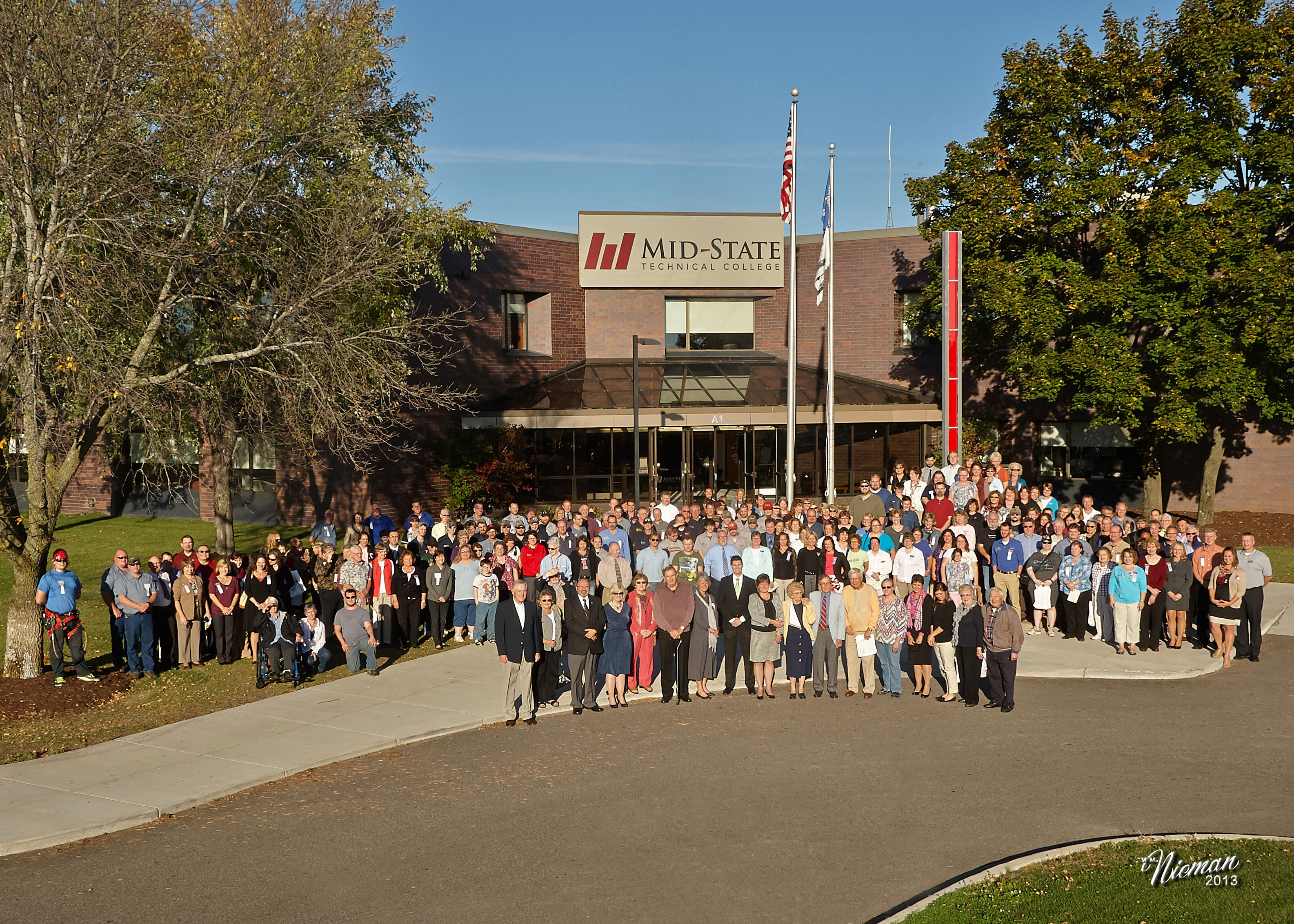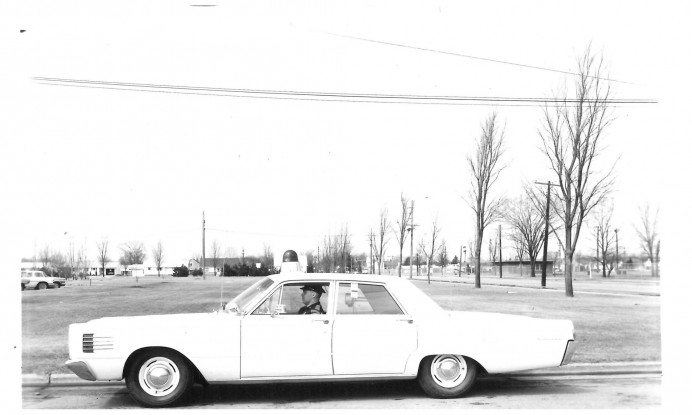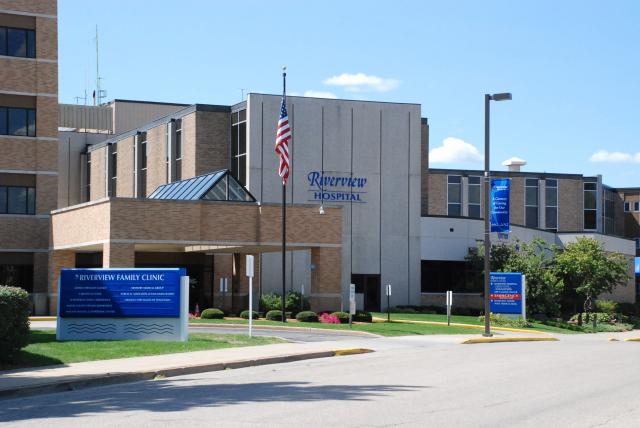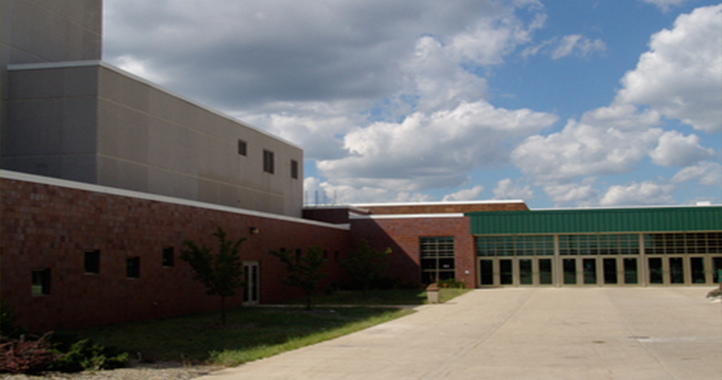Homeless & Hunger Awareness Month Article: The Family Center
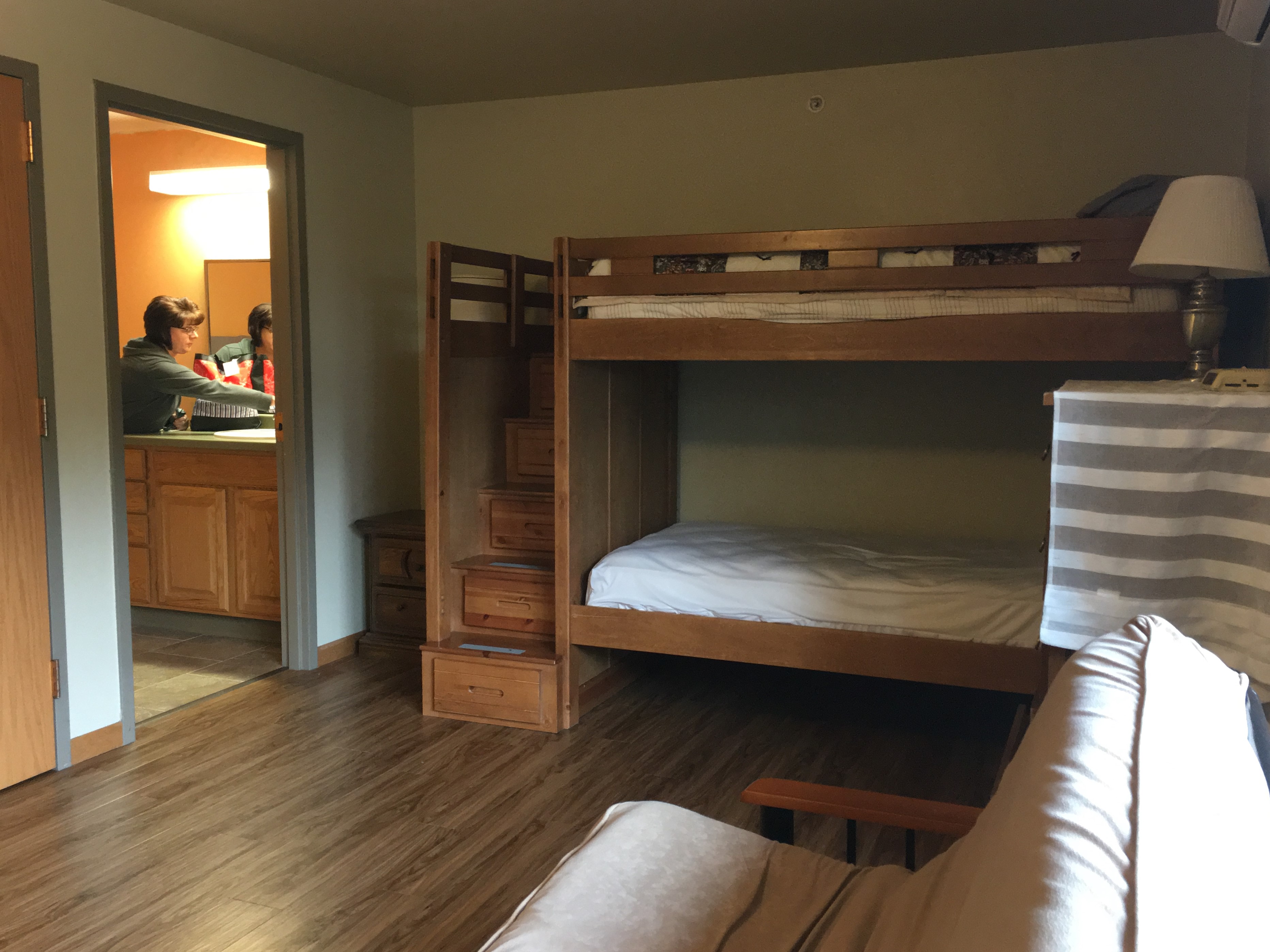
For the City Times
WISCONSIN RAPIDS – On any given day, in any given community, a person might become homeless. The reasons are vast and endless.
Imagine, just for a few minutes, being abused – physically, emotionally, sexually – to the point you can no longer stay in your own home.
For a victim of domestic violence, the decision to leave their own home can be a matter of life or death. Still, leaving home is no easy choice – and most domestic violence-related homicides occur when the victim is leaving the relationship.
The reality is victims leave on average 7 to 10 times before they leave for good. It is seldom a spur of the moment decision. However, there often comes a time when the victim’s life is in danger, and they must choose to leave – now.
The victim might be leaving everything that has been some source of security – home, family, food, and more.
Where will they go? What will they do? How will they manage? Do they have children, as well? The victim may discover after leaving that finding housing or a job with sufficient income to pay for the family’s basic needs is difficult.
In just one day in 2015, more than 31,500 adults and children fleeing domestic violence found refuge in a domestic violence emergency shelter or transitional housing program, according to the National Network to End Domestic Violence.
- That same day, domestic violence programs were unable to meet over 12,197 requests for services because of a lack of funding, staffing, or other resources.
- Sixty-three percent (7,728) of unmet requests were for housing. Emergency shelter and transitional housing continue to be the most urgent unmet needs for domestic violence survivors.
Approximately 50 percent of all women who are homeless report that domestic violence was the immediate cause of their homelessness, according to a 2013 report from The National Center on Family Homelessness. In addition, 63 percent of homeless women have been victims of intimate partner violence as adults, according to another study from the Journal of American Medical Women’s Association. Twenty-eight percent of families were homeless due to domestic violence in 2008, according to the U.S. Conference of Mayors.
Thanks to The Family Center, victims of domestic violence DO have a place to go, a place to be safe. A place where there are advocates to listen and help, where victims seek shelter from the storm of domestic violence.
The Family Center offers a variety of free and confidential services to victims, though it perhaps is best known for its shelter program. Through the years, hundreds have found a safe haven at the shelter, where they receive advocacy, food, and a start to a life as a survivor. Even shelter services are free, thanks, in part, to community support.
During their time at The Family Center, clients receive emotional support to recover from the trauma. For children, living in a home where there is violence is one of the Adverse Childhood Experiences that can lead to problems later in life.
During their time in shelter, clients receive tools such as restraining orders and customized safety plans help keep them safe, along with access to internal and community resources to provide for their long-term needs.
In 2016, The Family Center provided almost 5,000 nights of shelter for victims and their children. So far, in 2017, almost 80 adults and children have received shelter services through The Family Center. Without The Family Center’s shelter program, these victims might not have a place to go – they could wind up on the street, or even wind up staying in the abusive home
Though these victims are sheltered, they still are considered homeless, as defined by the U.S. Department of Health and Human Services: “A homeless person is an individual without permanent housing who may live on the streets; stay in a shelter, mission, single room occupancy facilities, abandoned building or vehicle; or in any other unstable or non-permanent situation.”
With the immediacy of their housing addressed, a victim in The Family Center shelter can begin to heal from the trauma of their abuse. The fear, the danger, and the insecurity at home are removed.
By providing shelter and removing children from abusive homes, the adverse effects of witnessing violence end. Children who have experienced profound emotional distress or trauma are largely dependent for their recovery on the quality of their relationship with their caretaking parent, according to a study from Jaffe & Geffner.
Support from United Way of Inner Wisconsin helps provide for The Family Center’s shelter program, enabling victims of abuse a place where they can heal and move on to an independent, abuse-free life. Without places like The Family Center, and without the support of the community, these victims might not have the opportunity for success.
Homelessness does not discriminate – it can happen to anyone at any time. The Family Center is one of several partners working with the South Wood County Homelessness Coalition to eradicate homeless by addressing the needs of those affected by domestic violence in their home.
To find out more about the services offered by The Family Center, or to find ways to help, call 715-421-1559. The crisis line is available at 715-421-1511, 24 hours a day, every day.


